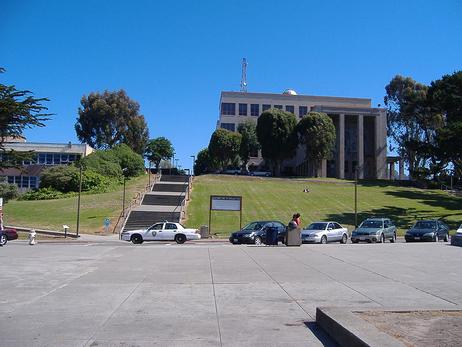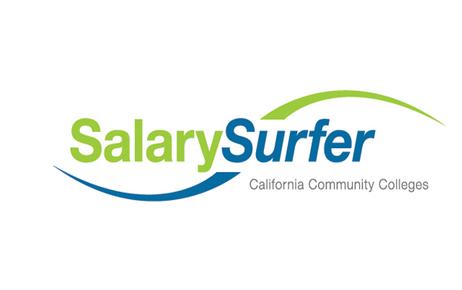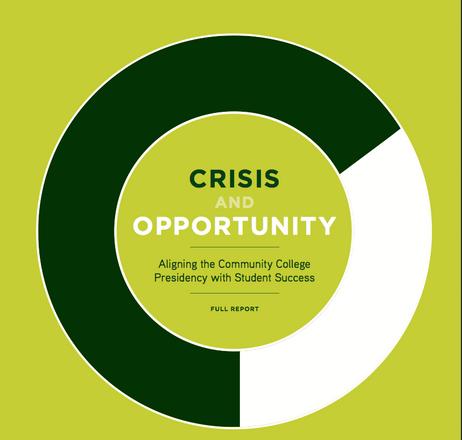The announcement of a significant increase in Stafford loan rates could pose a problem for some community college students. Despite reassurances from Congress that a deal is coming, those looking for ways to pay for their postsecondary education continue to be left in a bind at this point. On the other hand, many community colleges have done away with the Safford loan option for other reasons, and students are finding alternative methods for footing their tuition bills. Check out how community colleges are dealing with the issues involving Stafford loans and finding other ways to help their students financially.
Stafford Loan Rates Doubling?
MPN Now reports that the failure by Congress to address student loan rates has resulted in a doubling of the rates for Stafford loans. Without intercession by lawmakers, students could see rates of 6.8% on loans taken out for the upcoming school year. Last year, those rates were just 3.4%.
The rate hike applies to subsidized Stafford loans, which are those in which the government pays the interest while the student is still attending college. Subsidized Stafford loans make up about one-quarter of all Stafford loans issued. Unfortunately, they are also the loans that typically go to the neediest students.
Susan Romano, director of financial aid at Finger Lakes Community College in New York, told MPN Now that the changes may prompt students to look for other ways to pay for their college education.
“I think it’s going to make families





















